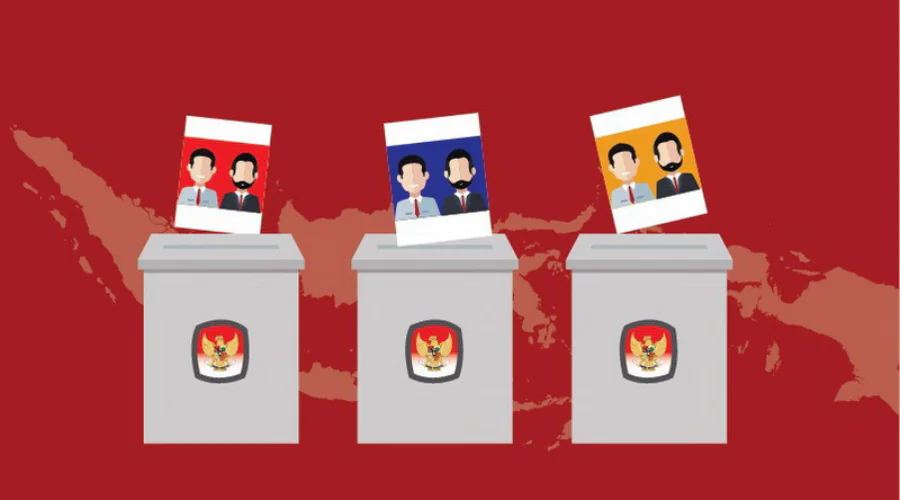
- 04 Aug
- 2022
Ilustrasi pemilu (okezone)
UM Surabaya Lecturer Responds to Election Campaign Discourse on Campus
Elections are a means of implementing people's sovereignty which are carried out directly, publicly, freely, confidentially, honestly and fairly within the Unitary State of Indonesia based on Pancasila and the 1945 Constitution of the Republic of Indonesia.
Discourse regarding the permissibility of carrying out campaigns by one of the election contestants in universities is actually not new. This busyness attracted the attention of Samsul Arifin, a lecturer at the Faculty of Law (FH) UM Surabaya, to provide a response.
According to Ari, if you look at history a little, that actually campaigning on campus is permissible, on the grounds that the younger generation has a moral responsibility to know firsthand their future leaders, on the one hand students are considered educated people who are able to contribute ideas to the progress of the nation.
"However, this has changed since the issuance of a new policy by the Ministry of Education at that time, the policy in question is related to the normalization of campus life and student coordination bodies (NKK/BKK) which compartmentalize students in their role in practical political practice," explained Ari Thursday (4 /8/22)
According to him, normatively, as stated in article 280 paragraph (1) letter h, law number 7 of 2017 concerning General Elections which reads "executors, participants and election campaign teams are prohibited; use government facilities, places of worship, and places of education”.
While the explanation of the contents of the article provides a different interpretation. That an election contestant is allowed to attend campus if he fulfills two important elements.
That government facilities, places of worship, and places of education can be used if first, the person is present without using campaign attributes, and second, must be based on an invitation from the person in charge of the place.
According to his explanation, not a few people who will nominate themselves as election participants take advantage of this condition to increase their electability on campus.
"Conditions like this will have a major impact on the world of education which has so far been considered an independent place, all forms of thought in it are protected by law, because this is the spirit of academic freedom," said Ari.
At the end of his statement, Ari also advised young people not to be anti-politics, and policy makers also not to take advantage of this condition to perpetuate their position and power in government.
"This must continue to be implemented as a shared spirit to realize a democratic country free from corruption, collusion and nepotism," he said.










(0) Comments